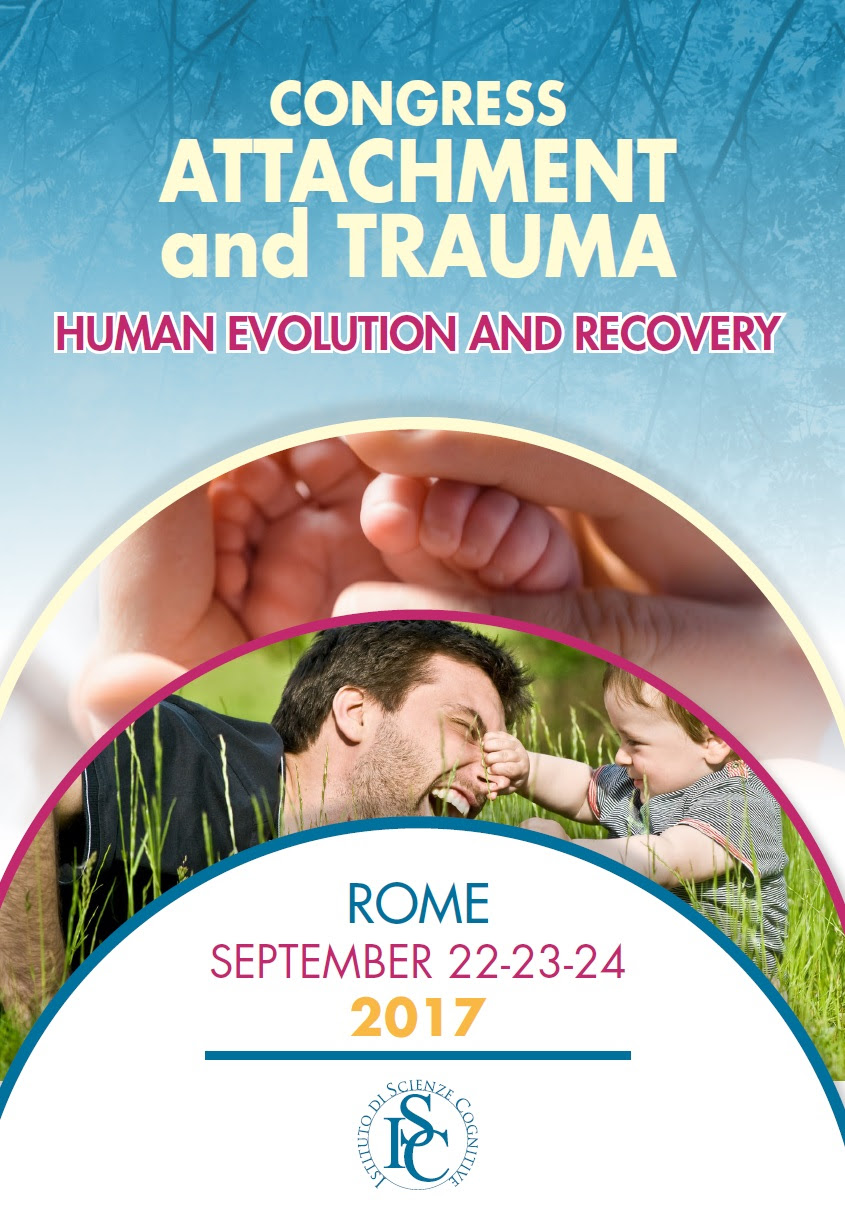Warning message
The subscription service is currently unavailable. Please try again later.
The never-ending evolutionary processes havenot only shaped human beings from a physiological and physical point of view, but have also determined the delicate functioning of their cognitive, emotional and bodily mechanisms.
In the fields of attachment studies and the treatment of psychological traumas (even occurred during early childhood), the history and origins of human evolution are evoked by the same, recurring aspects that those who experience suffering have in common, in spite of their unique identities and their completely different life stories. Additionally, evolution is the common element that human beings share with all the other living species. At this respect, the consequences of psychological traumas or attachment experiences, as well as the way each living being reacts to them, are the result of this never-ending evolutionary processes.
Understanding what human beings and primates may have in common when they experience traumas; understanding what happens, from a physiological and neural point of view, to a fetus, because of the traumatic experiences lived by the mother; understanding the impact of early attachment experiences on the neuronal structure of human beings, as well as their influence on humans’ self-regulatory, physiological and emotional processes, which sometimes result in protective (and often extreme) behaviors: all these aspects provide the necessary basic knowledge to understand how we should behave with our patients and what are the key aspects of our interventions that may help those who experience suffering to radically change their emotional and relational functioning and improve their lives by modifying their self-protective behaviors.
The 11 eminent Speakers who will attend this year’s Congress – some of the most leading experts worldwide – will combine theoretical knowledge on these topics, based on empirical and research studies, with different therapeutic approaches, by exploring not only the main difficulties that may arise in treating complex traumas, but also the possible solutions to face them. Therefore, each presentation will allow participants to deeply understand some key aspects of their clinical practice. Furthermore, they will have the chance to ask questions to the Speakers at the end of their talks, as well as to further clarify their doubts or make relevant comments during the daily panel discussions that will take place in late afternoon, when all the Presenters of the day will step on stage again to share views and reflect together on the topics discussed.
After its previous 4 successful editions, attended by hundreds of psychologists, psychotherapists and health professionals coming from more than 40 Countries in the world, the “Attachment and Trauma” Congress has proven to be the most important event at international level in the field of psychological trauma.






